Category: Focus
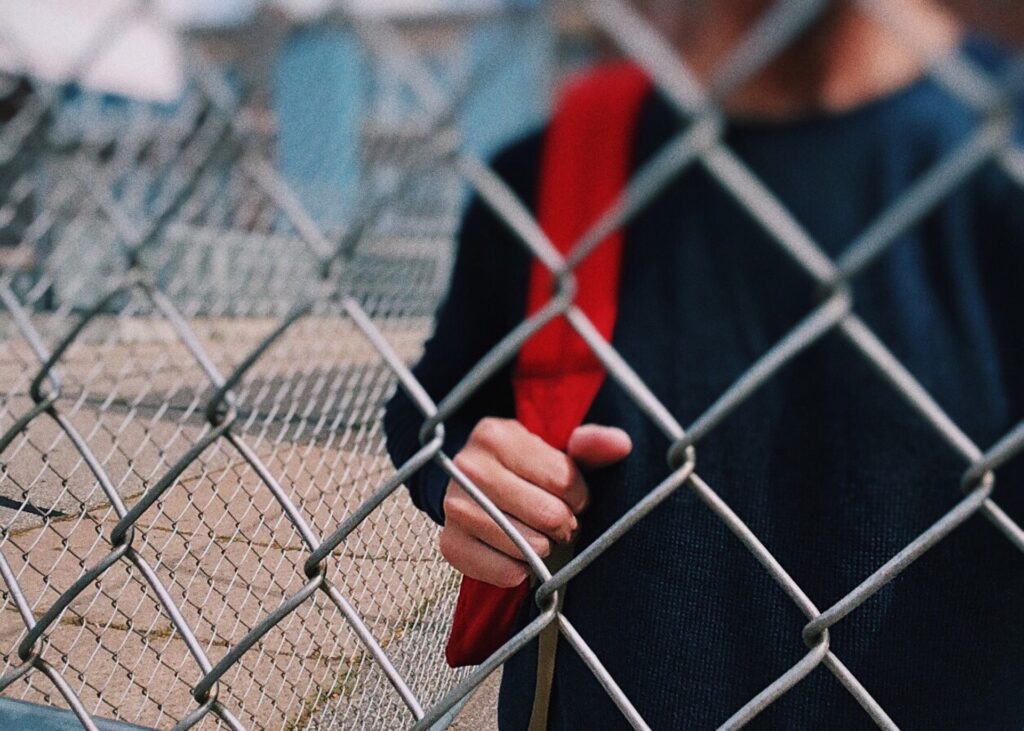

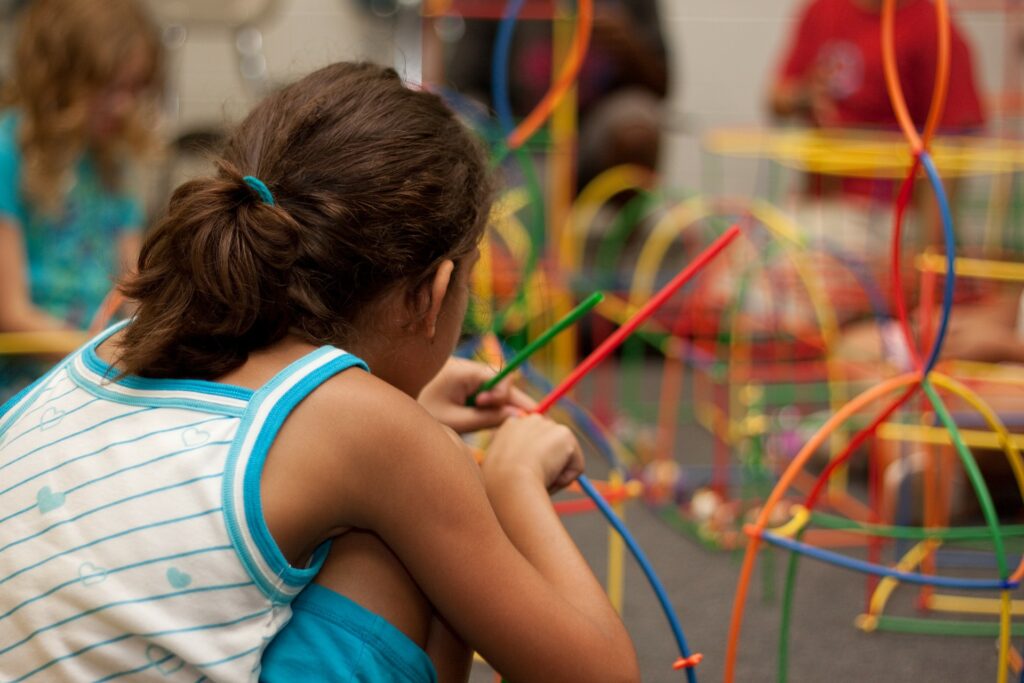
Stage “Equal and different”, December 2016
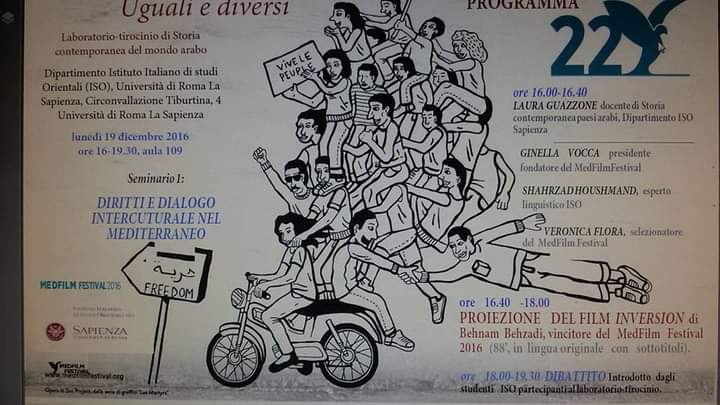
In climatology, the terms climate change or climate change indicate the variations of the climate from the Earth, i.e. variations at different spatial scales (regional, continental, hemispherical and global) and historical-temporal (ten-year, secular, millennial and ultramillennial) of one or multiple environmental and climatic parameters in their average values: temperatures (average, maximum and minimum), precipitation, cloud cover, ocean temperatures, distribution and development of plants and animals.
The United Nations Framework Convention on Climate Change uses the term “climate change” to refer to climate change attributed directly or indirectly to human activities, which alters the composition of the world atmosphere and adds to the natural variability of the climate observed over time periods. comparable.
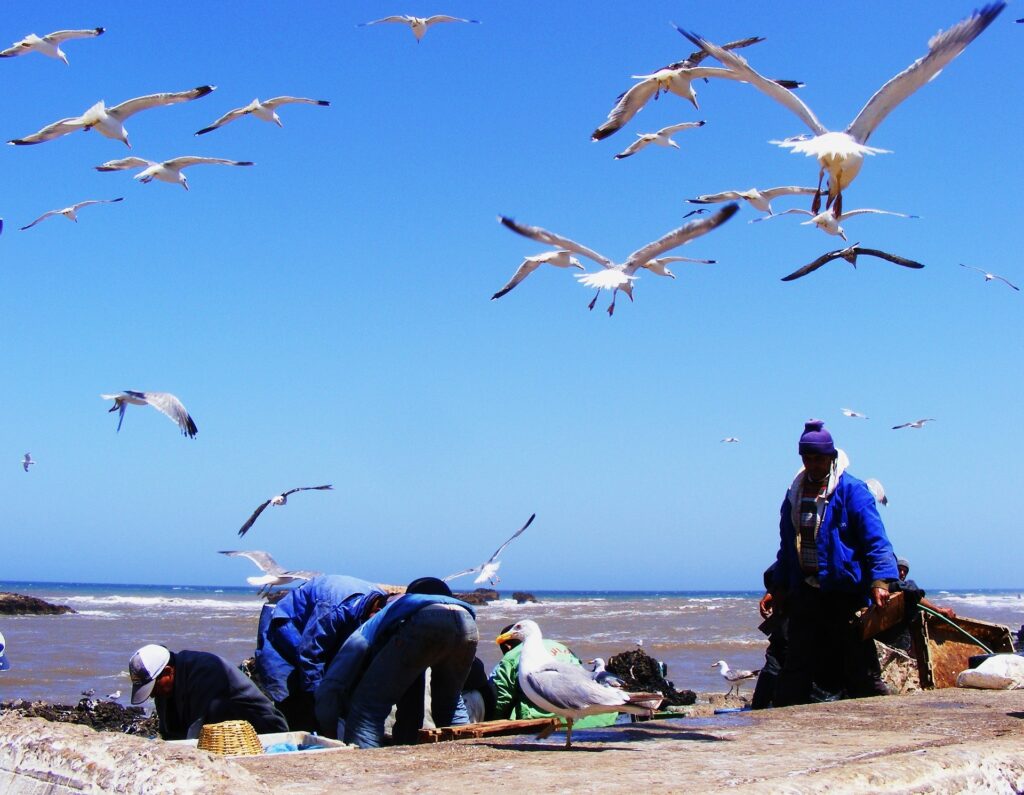
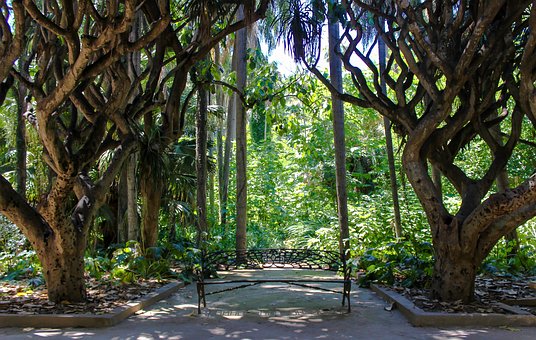
Gender equality
Gender equality, also known as equality between the sexes, gender equality, sexual equality or gender equality, is a condition in which people receive equal treatment, with equal ease of access to resources and opportunities, regardless of gender.
Immigration
A very current word today that represents a variegated universe, as well as a phenomenon that has always characterized the life of human beings. Defined as a permanent transfer or temporary movement of people to a country other than that of origin, immigration affects the entire planet, although the states of departure and arrival have changed with the succession of historical periods.
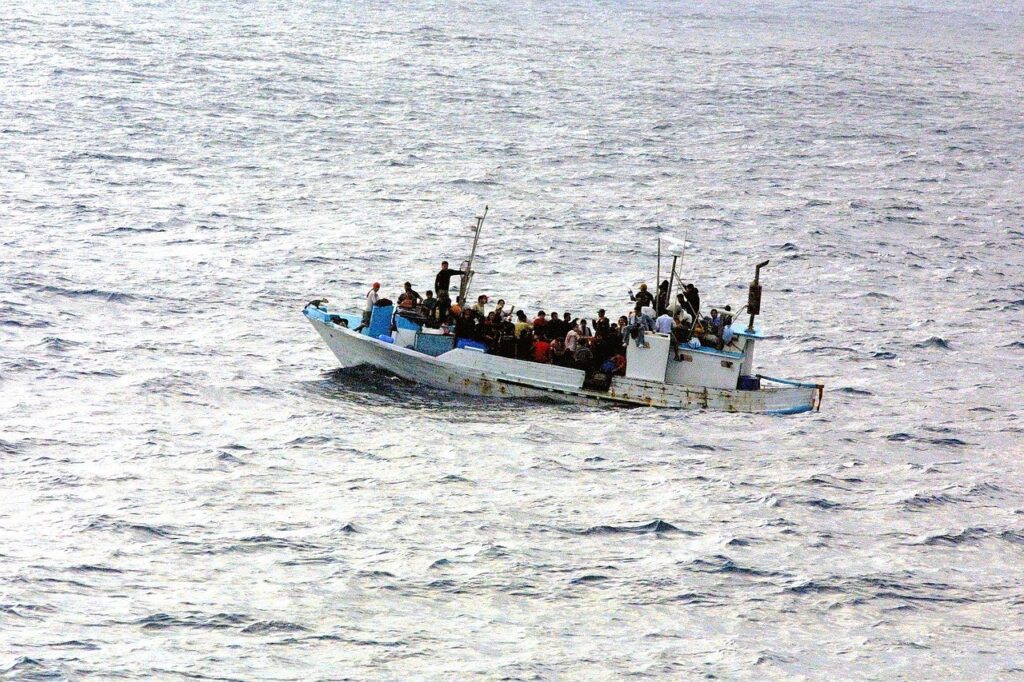
As in any phenomenon, immigration is also characterized by multiple and varied reasons. Poverty is undoubtedly one of the greatest incentives to abandon the native places: emigrating to another country is often the only way out of a life spent in poverty, a way to improve one’s conditions by looking for a job to do. within the host country. Other times, however, the reason behind the move is eminently ‘political’: dictatorships, persecutions, wars and genocides push entire families to seek freedom outside their own country, oppressed by the aforementioned phenomena. (Sapere.it)
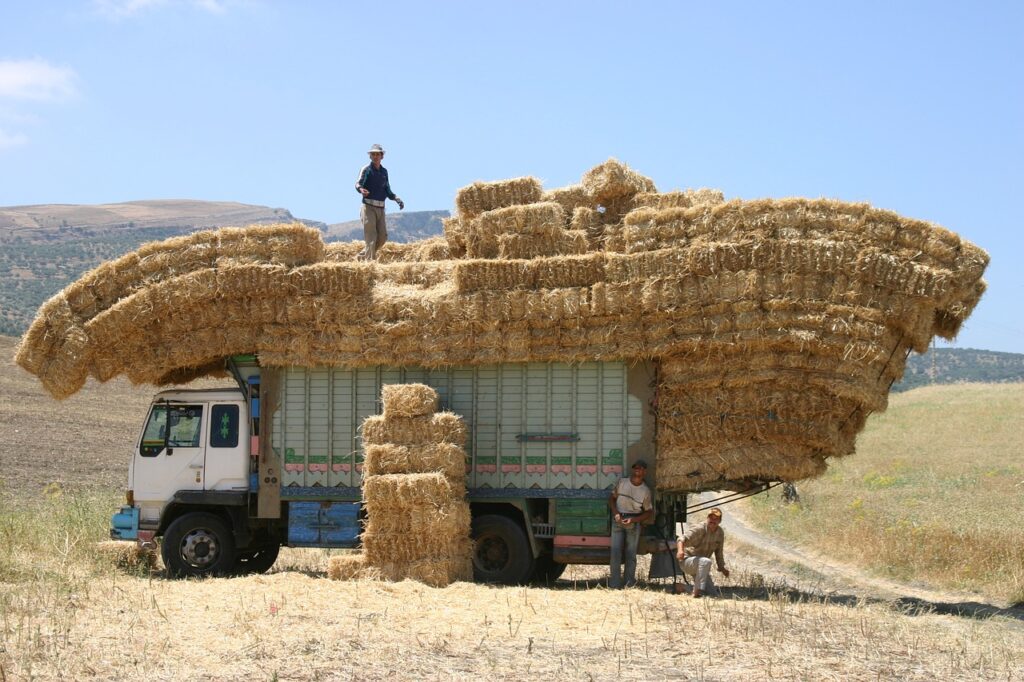
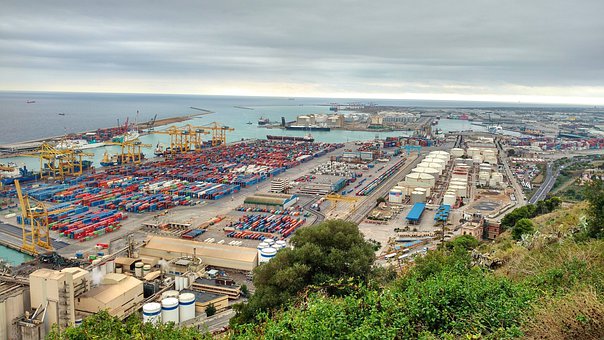
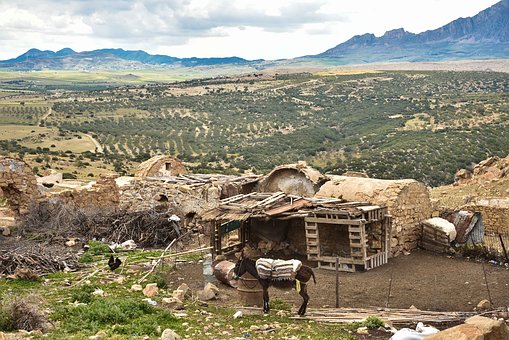
Director: Semih Kaplanoğlu
Cast: Bora Altaş (Yusuf); Erdal Besikçioglu (the father Yakup); Tülin Özen (mother Zehra)
Country: Turkey | Year: 2010 | Duration: 104 ‘
Yusuf is a lonely child who lives with his parents in a remote area of a mountain forest. The parent raises bees and the child has great admiration for the one with whom he shares secrets. Yusuf, who can read fluently at home, is stuck at school and cannot get the red plaque that the teacher women as a reward for those who read well. The decrease in the presence of the parents’ appi necessitates trying to place the hives in more remote locations and at higher heights. One day the man will not return, and while his wife goes looking for him, the child will feel prompted to hope for his next reappearance from a sacred reading.
MedFilm Festival 2010 // Amore & Psiche
Director: Pere Portabella
Country: Spain | Year: 2015 | Duration: 126 ′
The second part of one of Pere Portabella’s historical works, “Informe general sobre unas cuestiones de interés para una proyección pública”, released in 1976 in conjunction with the beginning of the political transition process after Franco’s death. This second Informe comes in the context of a serious systemic crisis of a cultural, economic-financial, political and energy nature. And it is above all a testimony of the way in which civil society is emerging from the crisis with a new protagonism of citizen, which simply consists in the citizens’ rapprochement with politics.
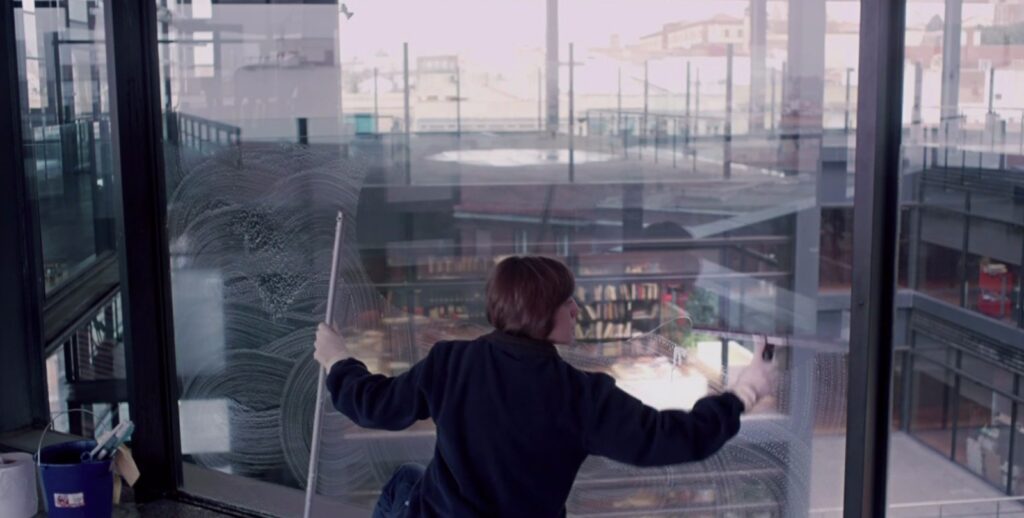
Born in Figueres in 1927, Pere Portabella has maintained his political commitment with all the protest movements against the dictatorship of Francisco Franco since the 1960s. Elected senator in the first democratic elections after Franco’s death, he was also a member of the Parliament of Catalonia. At the head of Films 59, he has produced emblematic films of Spanish cinema such as Carlos Saura’s “I monelli” (1959), Marco Ferreri’s “La carrozzella” (1960) and Luis Buñuel’s Viridiana (1960). As a director, he has been active for over forty years, combining the legacy of avant-garde culture with a language of rupture. The only Spanish artist present at Documenta XI in Kassel in 2002, in 2008 he received an honorary degree from the Universidad Autónoma de Barcelona. His works have been presented in prestigious international festivals and in museums such as MoMA, Center Pompidou, Reina Sofia Museum and Tate Modern.
MedFilm Festival 2010 // Open Eyes
